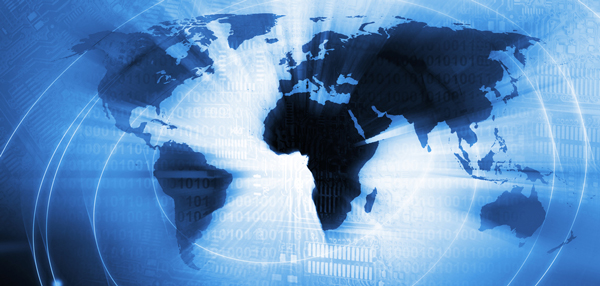How does America’s Net Neutrality Bill Affect Other Nations?
The promise of the Internet is of a world that is freely connected. The reality is that the Internet must do business with the physical world, and in that world the hardware that runs the Internet can find itself within any number of legal boundaries. The United States, in addition to being the headquarters of some of the world’s largest telecoms, also plays host to a significant portion of the Internet’s backbone. This means that legal decisions covering Internet usage in the US have the potential for world reaching consequences.
Recently, the Federal Communications Commission revealed that they intend to apply “limited Title II” classification to broadband Internet services. This change reclassifies them as a telecommunications service, which in effect means that the FCC has more regulatory control. Their stated purpose is to further a policy of net neutrality by preventing Internet Service Providers from engaging in certain practices deemed anti-competitive by the agency.
Positive Consequences
The fear was that companies, or consumers, that didn’t pay extra could face consequences. They could be blocked from certain content, their speed could be throttled, or they might find themselves waiting in an access queue. The FCC’s new rules prevent companies from engaging in these practices, so Internet users outside the US will not have to worry about paying extra for access.
With Internet being treated as a utility instead of a service, this opens the door for a whole slew of safety regulations. Hopefully this eventually leads to a safer Internet. I don’t need to remind you of some of the more public recent cyber attacks.
Negative Consequences
The involvement of a regulatory agency brings a lot of legal baggage with it. For example, the FCC’s new rules only take up about eight pages, but those are followed by a further 300 pages of explanation for how they’re meant to be applied. Companies will need to retain a team of lawyers just to make sure they’re in compliance.
Title II of the Communications Act also has a “general conduct” clause. This means the FCC retains for itself the authority to make new rules against anything they might find “unreasonable,” so the lawyers will need to be joined by a team of lobbyists to make sure their parent company’s interests are being represented in any future rules change.
Another clear danger is tieing the Internet closer to the US government may not create the kind of security we’d like. For example, a recent infographic on cyber security from SolarWinds discovered that under trained employees are the largest threat (53%) to federal agencies.
What To Watch For Going Forward
With the rules as they currently stand, people outside the US should expect to see business proceeding as usual in the immediate future, possibly at some additional cost due to service providers having to deal more closely with a government agency. Further out, customers and entrepreneurs will need to keep a closer eye on the FCC. Because the agency now has greater regulatory control, it’s very likely they will decide to make use of it.









